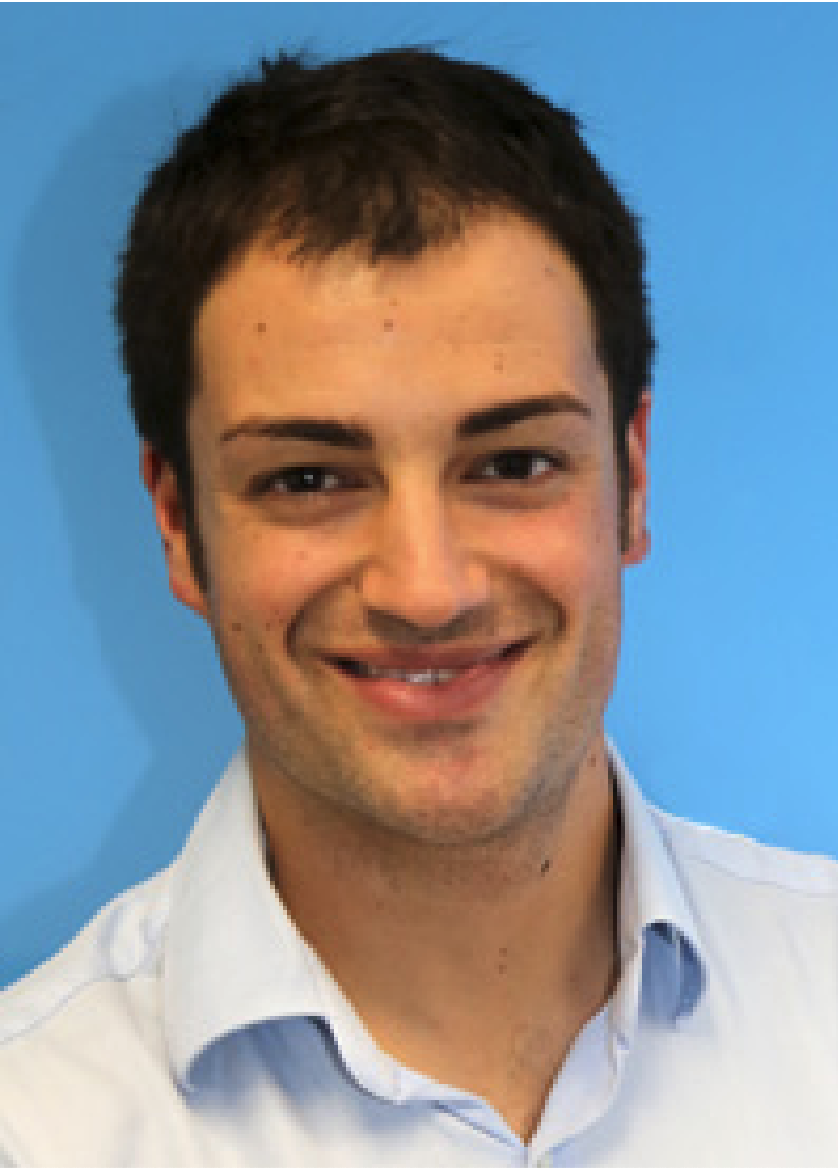Marco Bernardi: Precise First-Principles Calculations of Electron and Spin Dynamics: Building the Toolbox for Quantum Materials

Abstract: Combining density functional theory with many-body techniques is enabling rapid advances in first-principles calculations of electron dynamics in materials. Yet, quantum materials present new challenges because of their intricate structure and electronic interactions. In this talk, I will present new methods to model electron interactions, transport, and spin dynamics from first principles, emphasizing advances instrumental to understanding quantum materials. We will focus on: 1) electron-phonon (e-ph) interactions and transport in oxides with strong electron correlations or strong e-ph coupling leading to polaron effects; 2) precise predictions of spin-phonon interactions and associated electron spin relaxation times in semiconductors, using a new approach that unifies the description of spin-flip and spin precession mechanisms; 3) more briefly, advances in computing e-ph interactions and transport in materials with twist-angle degree of freedom or nontrivial band topology. The talk will conclude with a discussion of PERTURBO, an open source code developed in my group which provides quantitative tools to study electron interactions and dynamics in materials. In particular, I will present a novel data-driven method to compress electronic interactions and speed-up their computation.
Bio: Marco Bernardi is a Professor of Applied Physics, Physics and Materials Science at Caltech. He received his Ph.D. in Materials Science from MIT, where he worked with Jeff Grossman on novel materials and physical processes for energy conversion. He was a postdoc in the Physics Department at UC Berkeley, where working with Steven Louie and Jeffrey Neaton he developed new quantitative approaches to study the dynamics of excited electrons in materials. Marco's group at Caltech develops quantum mechanical calculations to understand electron interactions and dynamics in condensed matter, with application to (opto)electronics, energy, ultrafast science and quantum technology. Among other recognitions, Marco received the Franco Strazzabosco Award in 2020, the NSF CAREER Award in 2018, the AFOSR Young Investigator Award in 2017, the Psi-K Volker Heine Young Investigator Award for electronic structure theory in 2015, and the Intel Ph.D. Fellowship in 2013. His work favors quantitative analysis and accurate computational approaches to understand the physics and potential applications of novel materials, charting new directions in materials theory.